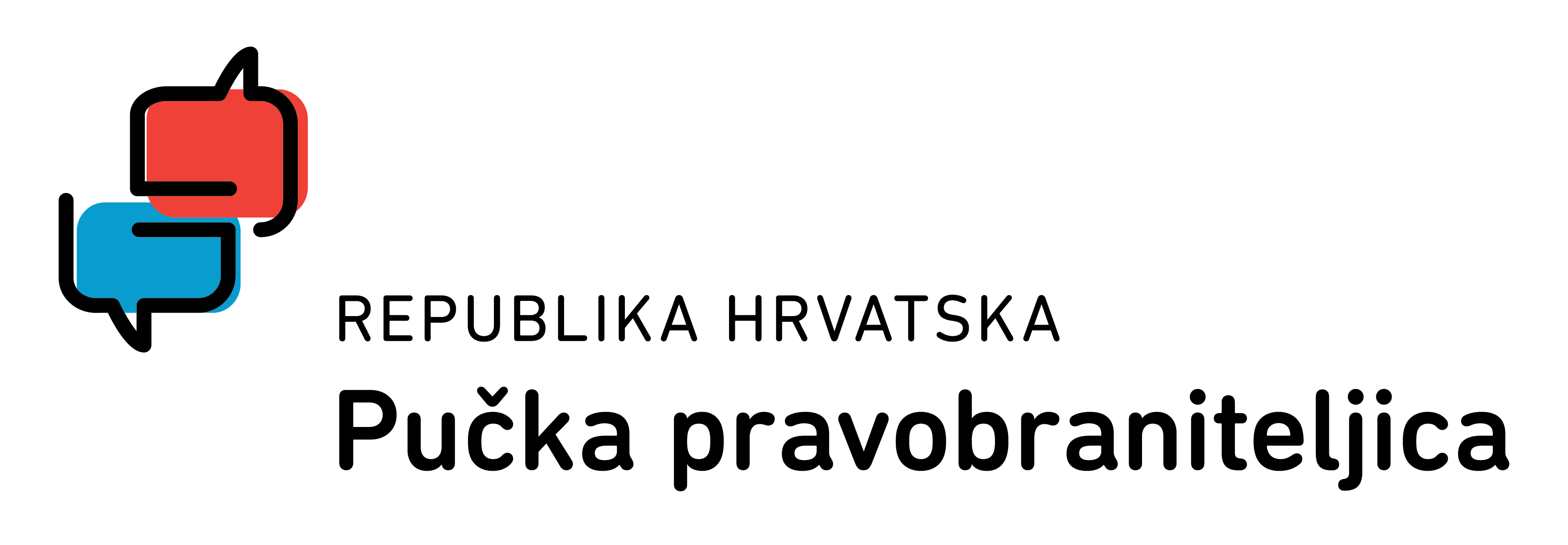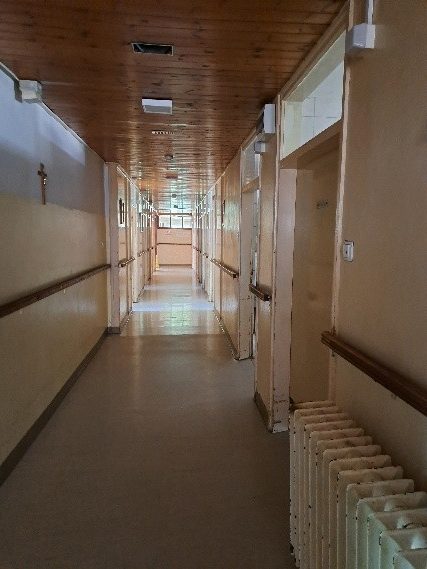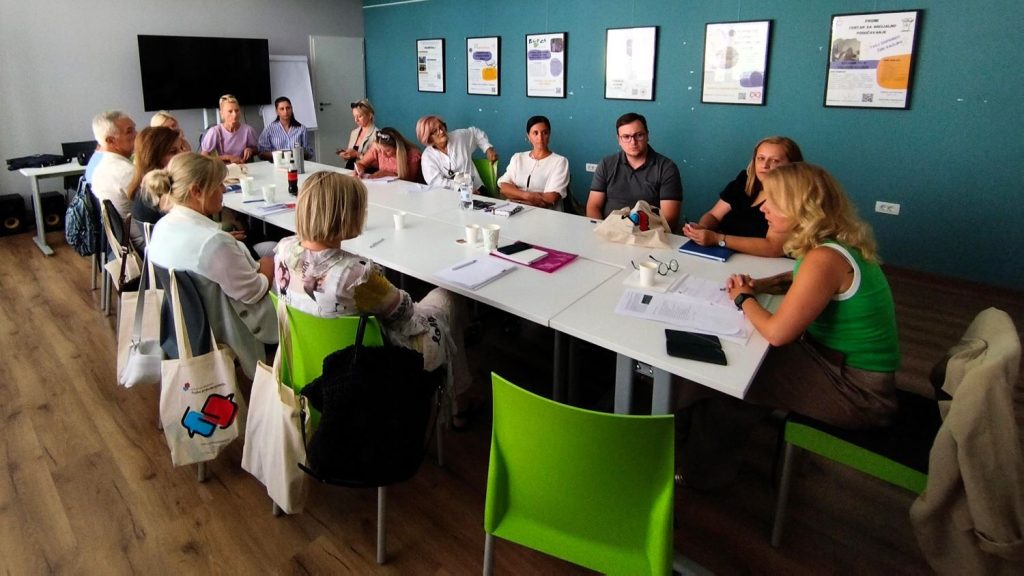Enabling ethnic Croats to acquire the Croatian citizenship under more favourable conditions stands in line with the Constitution. The same conditions, however, should be granted to the persons with solid relations with Croatia, likewise to the national minorities who cannot obtain the Croatian citizenship under other legal grounds of beneficiary naturalisation or, if yes, they are required to fulfil additional complicated preconditions, like possession of a permanent residence permit. The Ombudswoman Lora Vidović emphasised this to the Ministry of Interior, in the comments on the Draft amendments to the Law on the Croatian Citizenship.
Namely, the citizens’ complaints indicate that the 2011 Amendments to the Law on the Croatian Citizenship, requesting from a person born in Croatia to have a permanent residence, lead to the significant restriction of possibilities for acquisition of the Croatian citizenship. It is even harder for persons who are not of the Croatian ethnicity but have solid relations with Croatia, for example, a long lasting residence, close family relations (adult successor of a Croatian citizen belonging to a national minority) and similar. ECRI in its reports also urges for solving this problem with respect to persons who do not belong to the Croatian ethnicity but have either relations with Croatia, by a virtue of long lasting residence and now have a returnee status, or by a continuous residence though without the Croatian citizenship.
Croatia is constitutionally defined as a national state of ethnic Croats as well as of members belonging to the enlisted national minorities who are granted the same equality with ethnic Croats and enjoyment of national minority rights according to the UN democratic standards. Therefore, it is necessary to remove from the Draft Law on the Croatian Citizenship the above mentioned restrictions and ensure facilitated acquisition of the Croatian citizenship for larger number of applicants, including stateless persons and persons granted an asylum.




